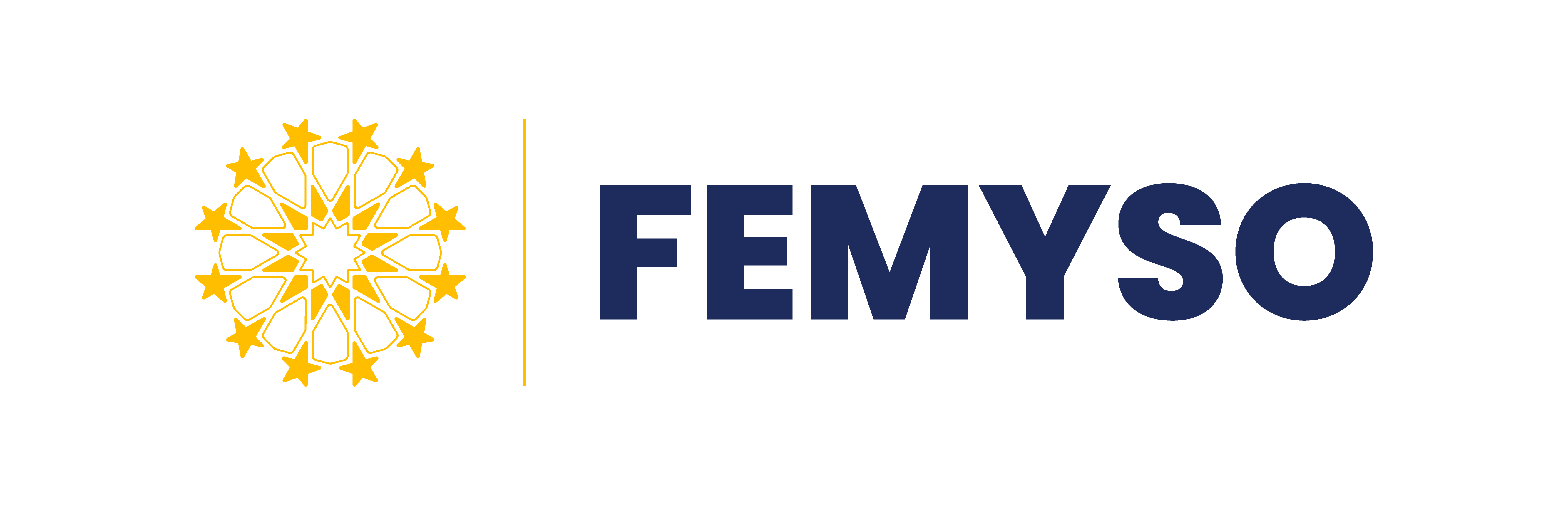The European Parliament has voted for a complete ban on a range of single-use plastic materials across the union in a bid to stop pollution of the oceans.
Last Wednesday, October 24, It was by an overwhelming majority that the European Parliament adopted the draft directive against marine pollution. The text was approved by 571 votes against 87, including 34 abstentions.
The European Commission proposed a ban in May, pushed by a surge from the public opinion following alarming documentaries such as David Attenborough’s BBC Blue Planet series. Single-use plastics make up 70% of marine pollution, and their impact on wildlife is dramatically worrying. The strategy of this project is part of the European transition towards a circular economy and will also contribute to reaching the Sustainable Development Goals, the global climate commitments and the EU’s industrial policy objectives.
FEMYSO strongly supports this initiative for our Planet and is pleased to see that what started as local initiatives such as our Green Up My Community Campaigns is now a European directive fighting marine pollution.
By analysing the most common litter found across beaches, the EU targeted 10 plastic products widely used by the general public. Six specific products are now banned on the European market, this includes cotton swabs, cutlery, plates, straws, drink-stirrers and balloon sticks. All will now have to be made of sustainable materials. The “polluter-pays” principle is also strengthened to put a harder pressure on manufacturers.
Food containers and plastic cups will unfortunately still be allowed, but states will need to ensure consumption reduce. In this regard, the Parliament has set a goal of 25% less consumption by 2025. Plastic bottles, the main source of marine pollution, also remain authorized but their cap will have to be attached and their collecting will be strengthened.
FEMYSO warmly welcome the adoption of this historical measure and enthusiastically supports all sustainable and eco friendly initiatives from the EU tackling the environment.
Find out more about this adopted project, check the key document from the European Commission *here*
